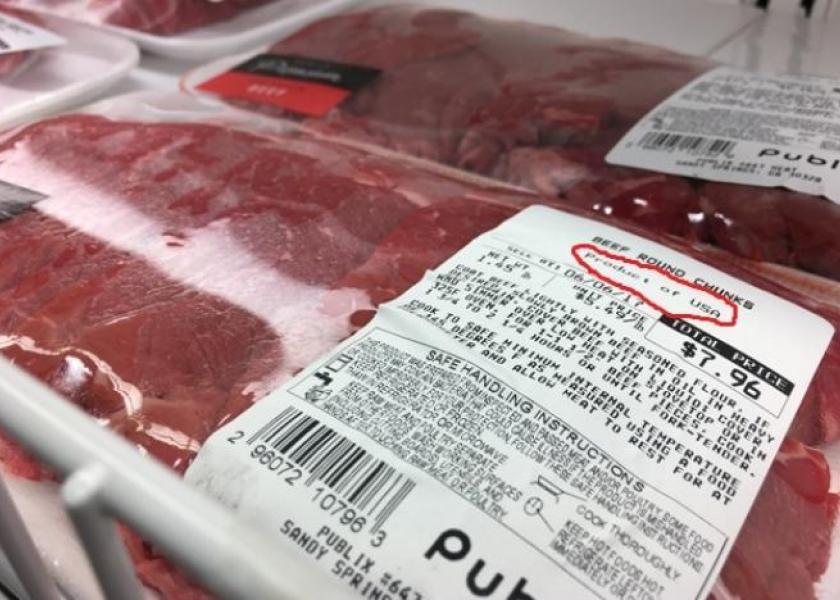Canada Warns on 'Product of USA' Regulation

In early March, the USDA proposed the label be restricted to meat, poultry and eggs that are born, raised, slaughtered and processed in the United States. Currently, foreign meat that is processed in U.S. plants can be labeled “Product of USA.” Arun Alexander, Canada’s deputy ambassador, isn't convinced this is a good practice.
Canada's "Product of USA" Outlook
Alexander in Washington, said Tuesday, “We are concerned about the real-world consequences” of changing the rules on the voluntary “Product of USA” label. He went on to say the integrated livestock market “is a real reflection of the value and importance of local and regional food systems.”
With animals from both nations available to processors, plants can operate at full capacity, he said. “Small and medium-sized processors are the ones that can least afford to segregate products.”
Related story: USDA Seeks to Limit Use of ‘Product of USA’ Label By Packers
Of the voluntary “Product of USA” label, Alexander said, “I think we have to look at the specific products to make sure we don’t disrupt those effective supply chains. And so we are willing to work together with the United States to implement measures that achieve the objective but also not disrupting those supply chains.”
The Upshot
According to Alexander, Canada “will participate in USDA’s consultation process” on the regulation. The public comment period on the proposal runs through June 11.







